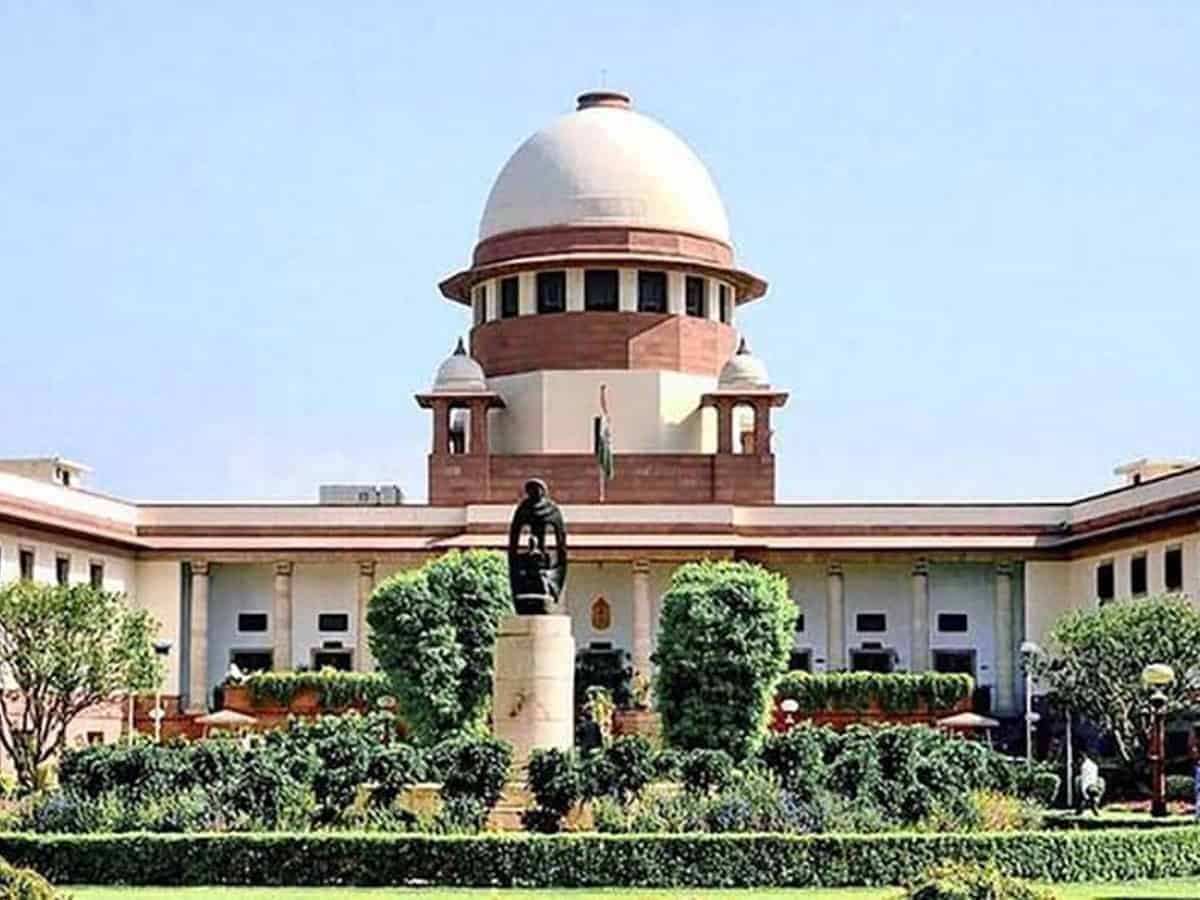
New Delhi: The Supreme Court on Wednesday dismissed a PIL filed by the Bombay Lawyers Association seeking a two-year “cooling-off” period for judges of the apex court and high courts for accepting any political appointment post-retirement.
A bench comprising Justices S.K. Kaul and Sudhanshu Dhulia termed the petition filed under Article 32 of the Constitution as “frivolous” and said that the issue should be left to the better sense of the judge concerned unless law is made by Parliament in this regard.
The plea filed through advocate Manish Kumar Gupta said that this cooling-off period was needed to uphold the independence of judiciary, rule of law and principles of reasonableness as well as suppression of power to save the democratic principles and the basic aim and objectives of the Constitution.
The petition sought a declaration that after retirement, there should be a two-year cooling-off period for the judges of the constitutional courts from accepting any political appointment from the government.
It said the government is not likely to bring any law prescribing the cooling-off period for judges, and accepting political appointments adversely affects “public perception about independence of judiciary”.
Notably, former Supreme Court judge Justice S. Abdul Nazeer, who demitted his office in January this year, took oath as the Governor of Andhra Pradesh within two months after he retired.
In March 2020, former Chief Justice of India Ranjan Gogoi was nominated to the Rajya Sabha by the government.
Both Justice Gogoi and Justice Nazeer were on the Constitution bench of the Supreme Court which had delivered the verdict in the Ayodhya case in November 2019.



